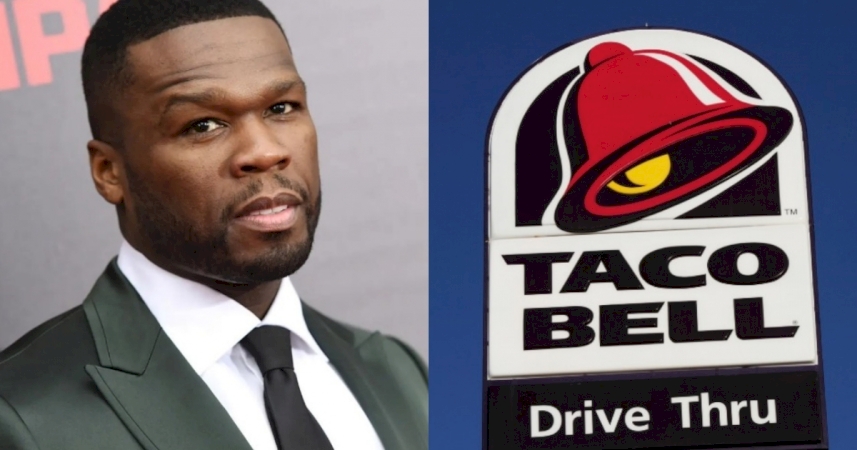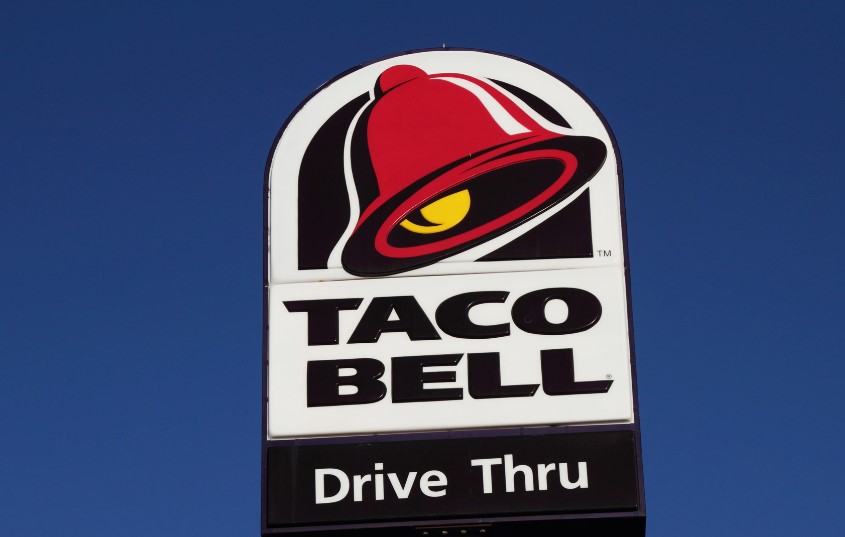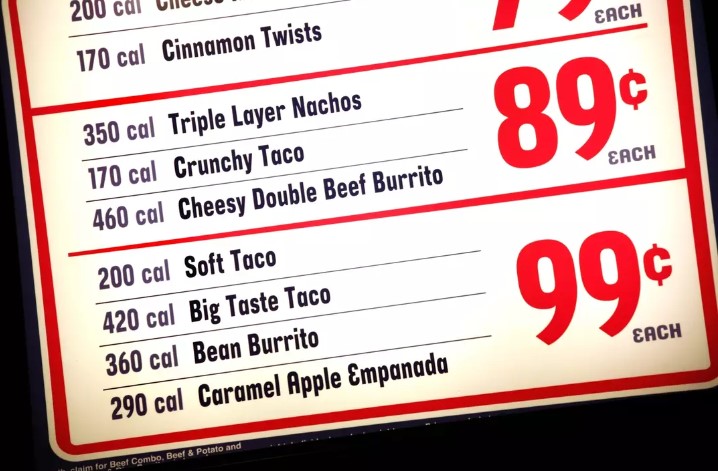
In 2018, hip-hop artist 50 Cent sued Taco Bell for a staggering $4 million after the fast-food chain asked him to change his stage name.
Taco Bell launched an ad campaign and asked 50 Cent to change his stage name
According to reports, Taco Bell launched an advertising campaign called ‘Why Pay More?’, which introduced value menu items priced at 79, 89, and 99 cents.

As part of the campaign, the company proposed that 50 Cent (real name Curtis James Jackson III) change his stage name to 79 Cent, 89 Cent, or 99 Cent.
However, the rapper did not take kindly to the suggestion.

50 Cent accused Taco Bell of using his name and image in the advertising campaign without his permission.
In the given statement, it is mentioned that without seeking or obtaining Jackson’s authorization, the defendant Taco Bell made him the star and focus of its nationwide advertising campaign by using his name, persona, and trademark to promote Taco Bell’s business and products.
According to his lawyer, many customers had believed that 50 Cent had agreed to endorse Taco Bell’s products.

A Taco Bell spokesperson at the time claimed the company had made a ‘charitable offer’ to 50 Cent, asking him to change his name for a day and promising to donate $10,000 to a charity of his choice.
However, the rapper was not satisfied and decided to file a lawsuit.
Based on the statement, Taco Bell’s spokesman Rob Poetsch said in response to the lawsuit that Taco Bell made a good faith, charitable offer to 50 Cent to change his name to either 79, 89, or 99 Cent for one day by rapping his order at a Taco Bell.

Taco Bell would have been pleased to make a $10,000 donation to the charity of his choice.
Although the terms of the settlement agreement were not disclosed, it was reported that 50 Cent eventually won the lawsuit. Both parties had to bear the costs of their respective legal teams.

This is not the first time a famous artist entangled in lawsuits with brands.
John Cena, a WWE star and actor, is facing a $500,000 lawsuit from Ford for selling his rare 2017 Ford GT supercar.
Cena purchased the car upon its release for over $450,000.
Ford only produces a limited number of these supercars each year and carefully selects customers through an application process.

One of the conditions of owning a Ford GT is that buyers are not allowed to resell the vehicle for at least two years after purchase.
However, Cena sold the car just a few months after acquiring it, violating the sales agreement. This not only broke the contractual terms, but also allegedly resulted in Cena making a substantial profit from the unauthorized resale.

In response, Ford filed a lawsuit against Cena, seeking $500,000 in damages. They claimed that Cena’s resale of the vehicle caused harm to Ford’s brand, ambassador activities, and customer goodwill.
Instead of going to trial, Ford and Cena reached a settlement agreement outside of the judicial process.
The details of the settlement were not disclosed, but Cena agreed to make a monetary payment to a mutually agreed charitable cause.

